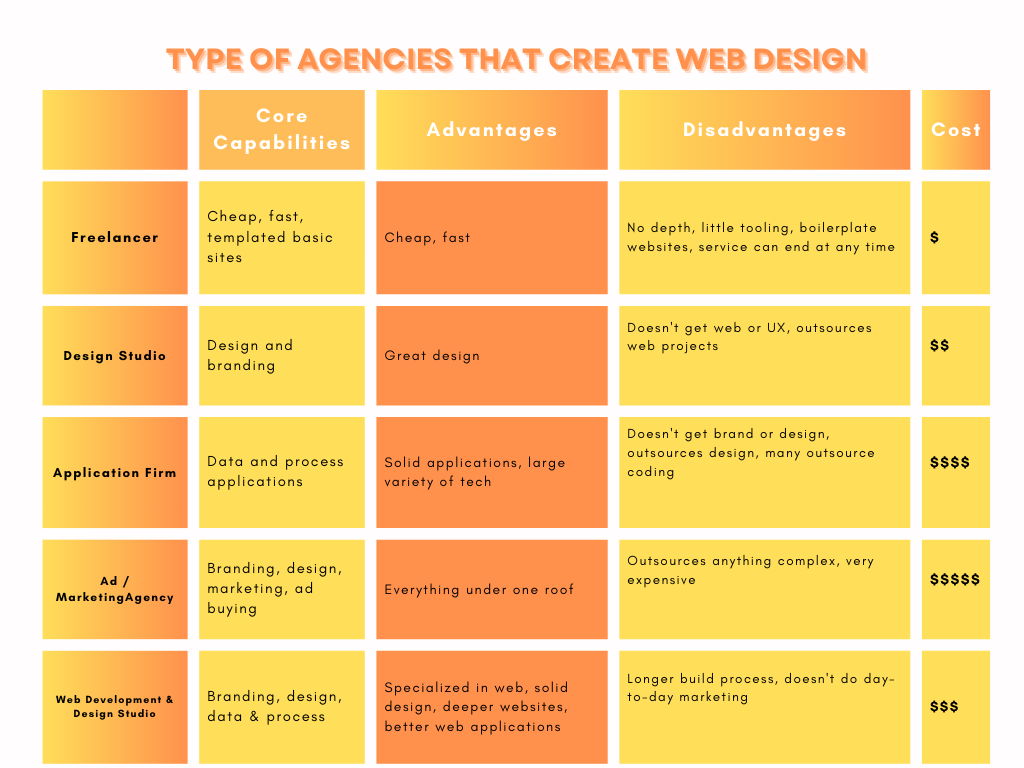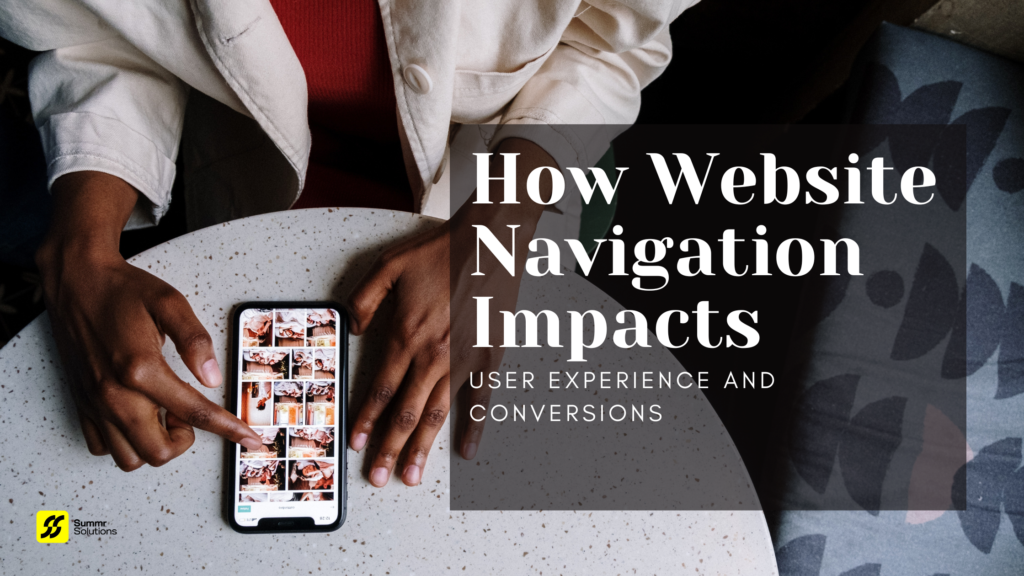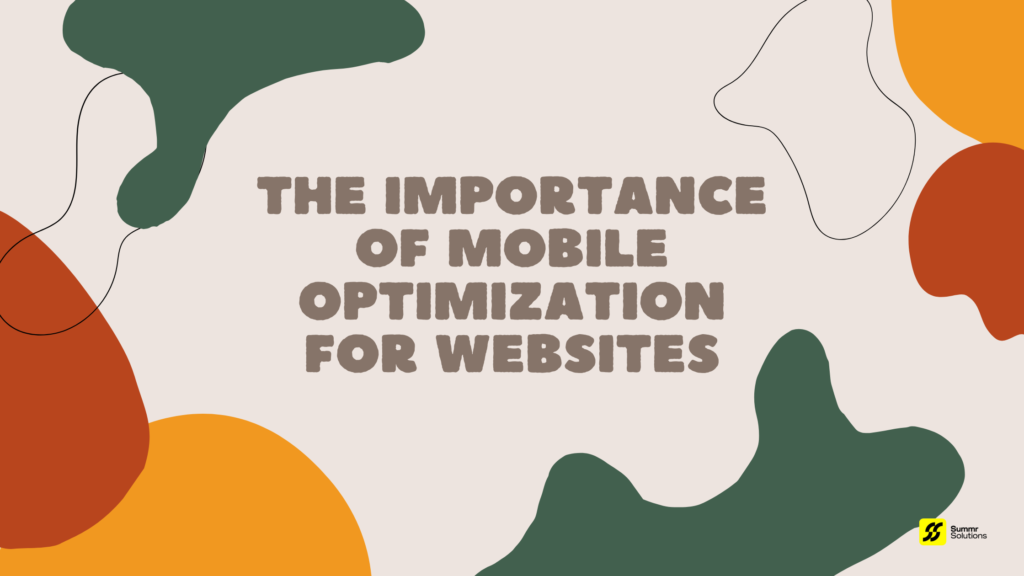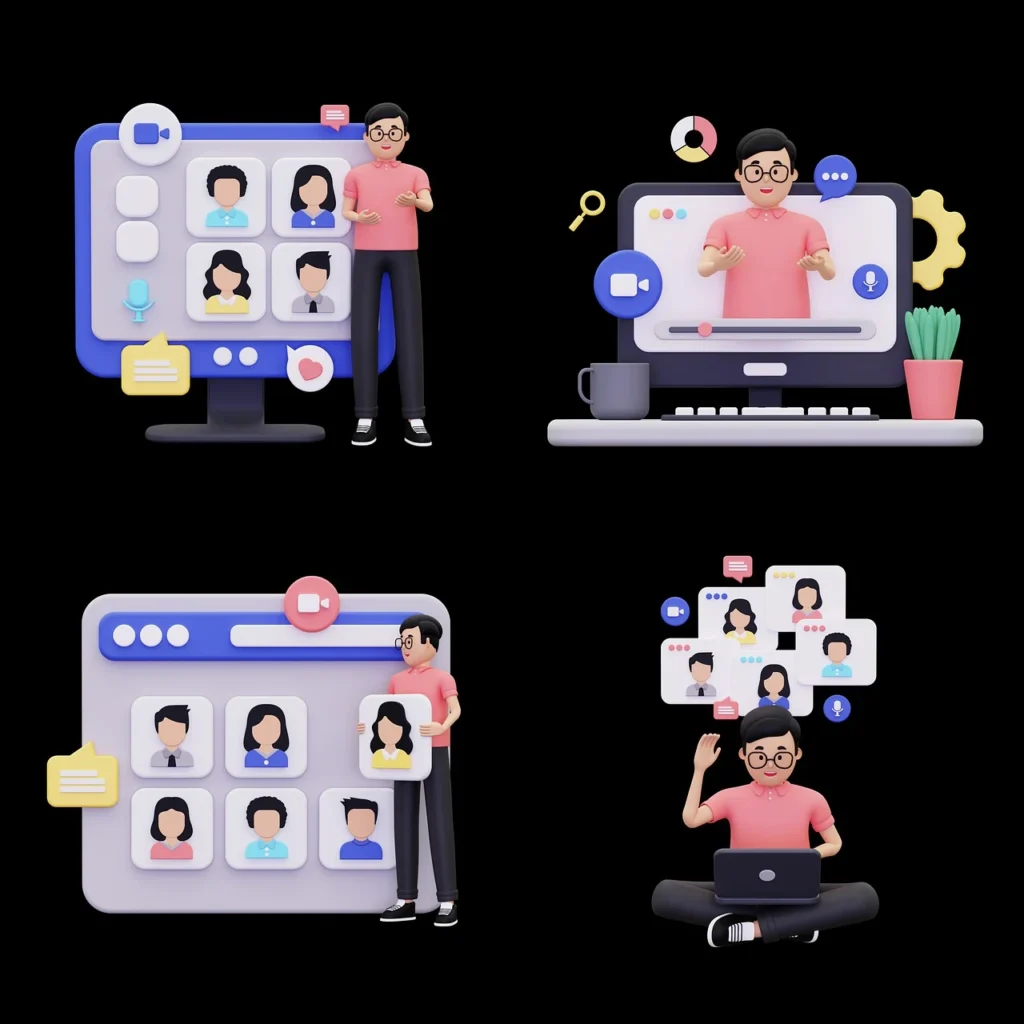In today’s fast-paced, hyper-connected world, engagement has become a buzzword that dominates discussions around marketing, customer experience, leadership, and even personal relationships. Yet, what does it truly mean to engage? More importantly, how do we do it effectively? Whether you are a brand looking to create loyal customers, a leader hoping to inspire your team, or an individual seeking deeper relationships, mastering the art of engagement is critical. Here, we explore five essential rules of engagement that will help foster deeper, more meaningful connections.
1. Authenticity is Everything
At the heart of any meaningful rules of Engagement is authenticity. People are drawn to what feels real. Whether it’s a brand message, a conversation with a colleague, or an interaction with a client, authenticity builds trust. Without trust, engagement cannot thrive.
Why Authenticity Matters
In today’s digital landscape, consumers and individuals have access to more information than ever before. This access makes it easier to spot insincerity or inauthentic motives. 86% of consumers say authenticity is important when deciding what brands they like and support. This translates beyond just marketing into personal relationships and leadership as well, According to a report by Stackla. Authenticity shows that you are not just looking to sell something or push an agenda; instead, you’re genuinely interested in the person on the other end.
How to Be Authentic
Being authentic means being transparent, vulnerable, and true to your values. It’s okay to admit mistakes or say, “I don’t know.” People appreciate honesty more than a facade of perfection. When communicating, focus on sincerity rather than trying to impress. Whether you are addressing your audience or speaking one-on-one, being real will always win out over being slick.
2. Consistency Breeds Trust
Consistency is the foundation of any strong relationship—be it between a brand and a consumer, a leader and their team, or in personal friendships. If you only engage when it benefits you, or if your message is always shifting, it becomes difficult for others to trust you. Consistency not only breeds trust but also fosters loyalty.
Why Consistency Matters
People are more likely to engage with those they perceive as reliable. In business, consistency helps build a strong brand identity and allows customers to form a clear picture of what you stand for. In personal relationships, it allows others to feel secure, knowing they can count on you. A lack of consistency leads to confusion and uncertainty, which can turn people away.
How to Stay Consistent
Establish a clear set of values and stick to them. Whether it’s through marketing campaigns, personal interactions, or leadership initiatives, make sure that your message and actions align. Consistency doesn’t mean being rigid; it means staying true to your core principles while adapting to new challenges and environments.
3. Listen More Than You Speak
Rules of Engagement is a two-way street. Many fall into the trap of thinking that to engage, you need to constantly put out messages, ideas, or solutions. However, real Rules of Engagement often stems from the ability to listen. Active listening not only makes people feel valued but also provides valuable insights that can improve future interactions.
Why Listening Matters
In a world full of distractions, the simple act of listening has become a rare and valuable skill. Whether in business or personal relationships, people crave to be heard and understood. In customer service, listening to feedback can help improve products or services. In leadership, it can lead to more motivated and engaged teams. On a personal level, listening strengthens relationships by showing that you care.
How to Become a Better Listener
Engage in active listening, which means focusing on the person speaking without thinking about your response or interrupting. Ask clarifying questions and reflect on what the person has said before offering your own thoughts. This shows that you are truly engaged in the conversation and not just waiting for your turn to speak.
4. Value the Relationship Over the Transaction
In a world where data is increasingly commoditized, it’s easy to view interactions as transactional. However, focusing solely on what you can gain from an interaction—be it a sale, a favor, or a boost in status—undermines the long-term potential of the relationship. People want to feel valued beyond the immediate transaction.
Why Relationships Matter
Building long-term relationships leads to greater success than focusing on short-term gains. In business, companies that prioritize customer relationships over transactions have higher retention rates and more loyal customers. Leaders who value their employees as people, rather than just workers, see greater productivity and satisfaction. Even in personal relationships, those who invest time and energy into the relationship itself, rather than focusing on what they can gain, experience deeper connections.
How to Focus on Relationships
Shift your mindset from “What can I get out of this interaction?” to “How can I add value here?” Whether it’s offering genuine advice, showing empathy, or simply checking in without an agenda, small gestures go a long way in strengthening relationships. In business, this might look like personalized customer support or going the extra mile for a client. In leadership, it might mean understanding and accommodating your team’s needs.
5. Adapt and Evolve
The final rule of engagement is adaptability. As the world around us changes, so do the ways in which we engage with others. What worked yesterday may not work today. Successful engagement requires the ability to evolve your strategies and approaches based on changing circumstances, new technologies, or feedback.
Why Adaptability Matters
The landscape of communication is constantly shifting. From the rise of social media to changes in consumer behavior, those who fail to adapt quickly fall behind. Moreover, different people and situations require different engagement styles. What resonates with one person may not resonate with another. Adaptability allows you to stay relevant and effective in a rapidly changing world.
How to Stay Adaptable
Embrace a growth mindset, where change is seen as an opportunity rather than a threat. Stay informed about trends in your field and be willing to experiment with new methods of rules of Engagement. Whether it’s adopting a new communication tool, tweaking your approach based on feedback, or learning from mistakes, staying adaptable ensures you remain effective in the long run.
Conclusion: The Power of Purposeful Engagement
Engagement is not just about getting people’s attention; it’s about forming meaningful, lasting connections. By being authentic, consistent, a good listener, relationship-focused, and adaptable, you can cultivate rules of Engagement that leads to trust, loyalty, and long-term success—whether in business, leadership, or personal relationships.
Each of these rules works in harmony with the others, creating a robust framework for engaging meaningfully with the world around you. As you apply these principles, remember that true rules of Engagement is not a one-time effort but an ongoing commitment to connecting on a deeper level.





































































































